- Weekly Highlights from Arakan State (Jan 26 to Feb 1, 2026)
- Arakanese youth stabbed in Mae Sot urgently needs financial aid for medical treatment
- Five years on Myanmar faces uncertain military and political outlook after coup
- Myanmar Navy detains Pauktaw fishermen and demands ransom
- Junta Airstrikes on Arakan and the Consequences for Independent Media
Junta officials verify Muslim refugees in Bangladesh
Myanmar’s military regime has reportedly verified around 230 out of 1,000 Muslims it plans to take back from Bangladesh in a first phase of repatriation of the long-persecuted minority.
17 Mar 2023
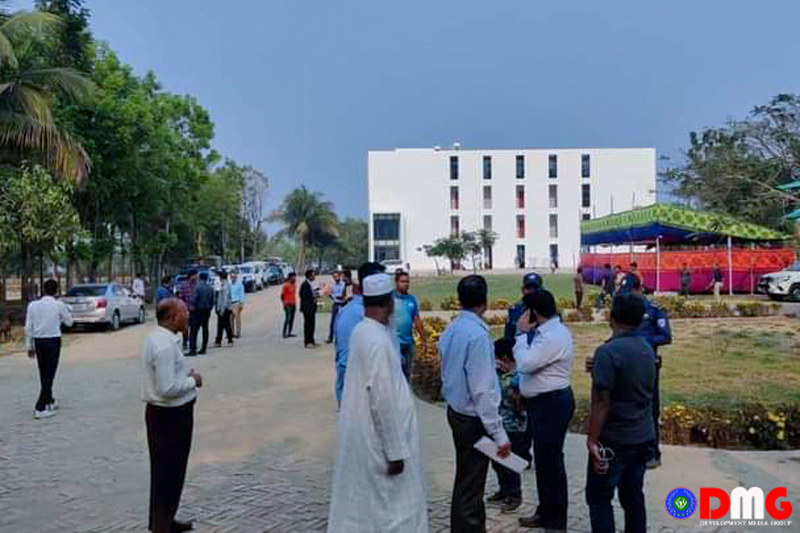
DMG Newsroom
17 March 2023, Sittwe
Myanmar’s military regime has reportedly verified around 230 out of 1,000 Muslims it plans to take back from Bangladesh in a first phase of repatriation of the long-persecuted minority.
Junta-appointed Arakan State social affairs minister U Aung Myo, Maungdaw district administrator U Nay Oo, and subordinate personnel have been verifying Muslim refugees in Teknaf, Bangladesh.
“The regime said it would take back 1,000 people in the first phase, and they have so far verified around 230. They are only verifying the people against their lists, and refugees still can’t make any demands,” Ko Aung Myaing, from the Kutupalong refugee camp, told DMG.
The regime is conducting its verification process at refugee camp Nos. 25, 26 and 27, where some of the refugees are followers of the Hindu faith.
According to the junta, the potential returnees must have lived in Myanmar, and want to return to Myanmar of their own volition. In cases of children born in Bangladesh, both parents must have lived in Myanmar, and local Bangladesh courts must certify that the children were born after their parents arrived in Bangladesh.
The regime has prepared transit camps in Taungpyo Letwe, Nga Khu Ya and Hla Poe Kaung in southern Maungdaw Towship for returnees from Bangladesh.
But Muslim refugees have said they will not return to Myanmar unless they are guaranteed citizenship, safety and settlement in their places of origin.
A Muslim woman from the Kutupalong camp said: “They must issue citizenship IDs to us. They must allow us to travel freely and enjoy fundamental rights like other ethnic people. If not, we won’t go back.”
Foreign diplomats from China, India and Bangladesh, and officials of the ASEAN Coordinating Centre for Humanitarian Assistance on Disaster Management, visited officials at the transit camps in Maungdaw on March 8.
Political observers say the regime’s repatriation process is just for show, in a bid to boost its international image.
More than 700,000 Muslims fled to neighbouring Bangladesh when the Myanmar military carried out “clearance operations” following the Arakan Rohingya Salvation Army’s attacks on several police outposts in 2017.
The United Nations’ human rights chief at the time described the military’s actions as a “textbook example of ethnic cleansing,” while others in the international community have called it genocide, including Bangladesh’s former foreign minister and the US secretary of state.




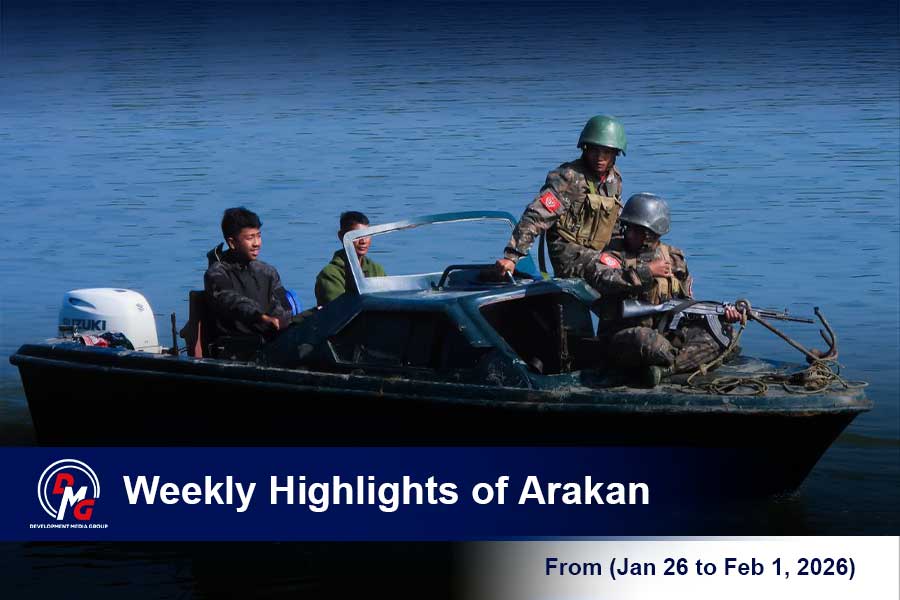
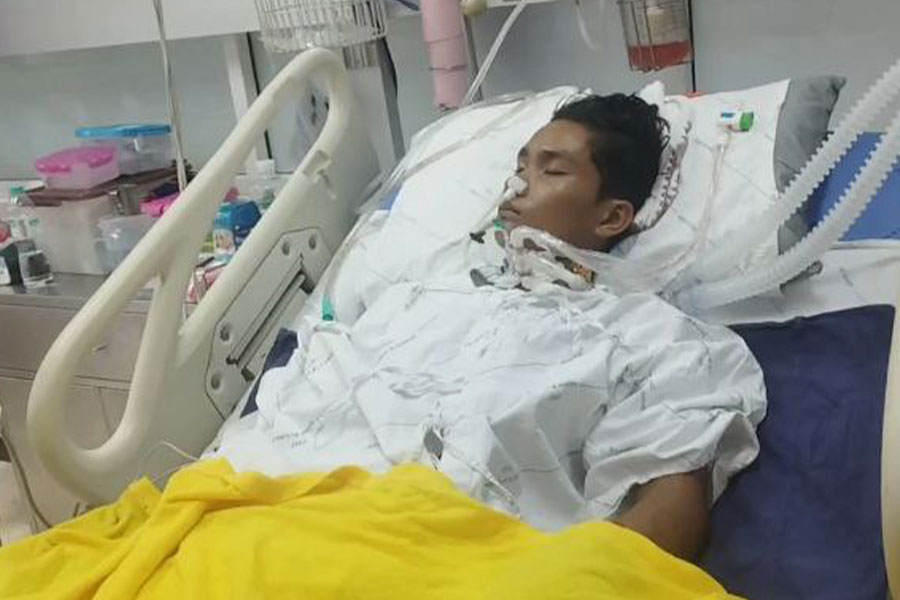
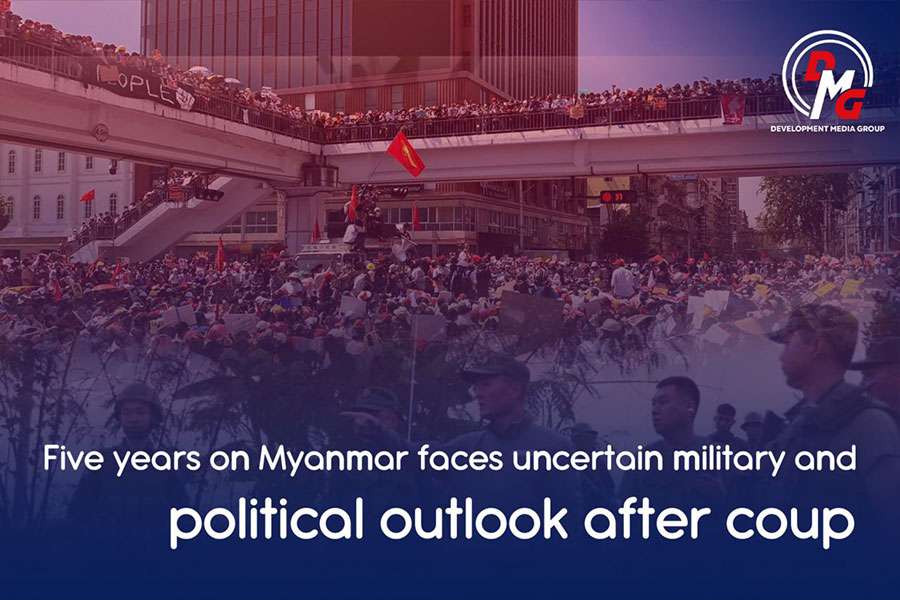
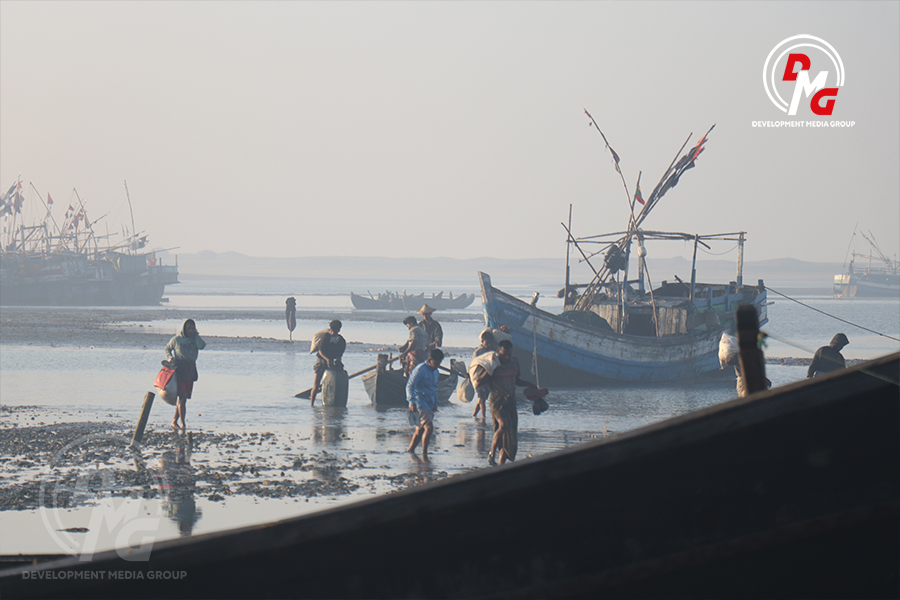
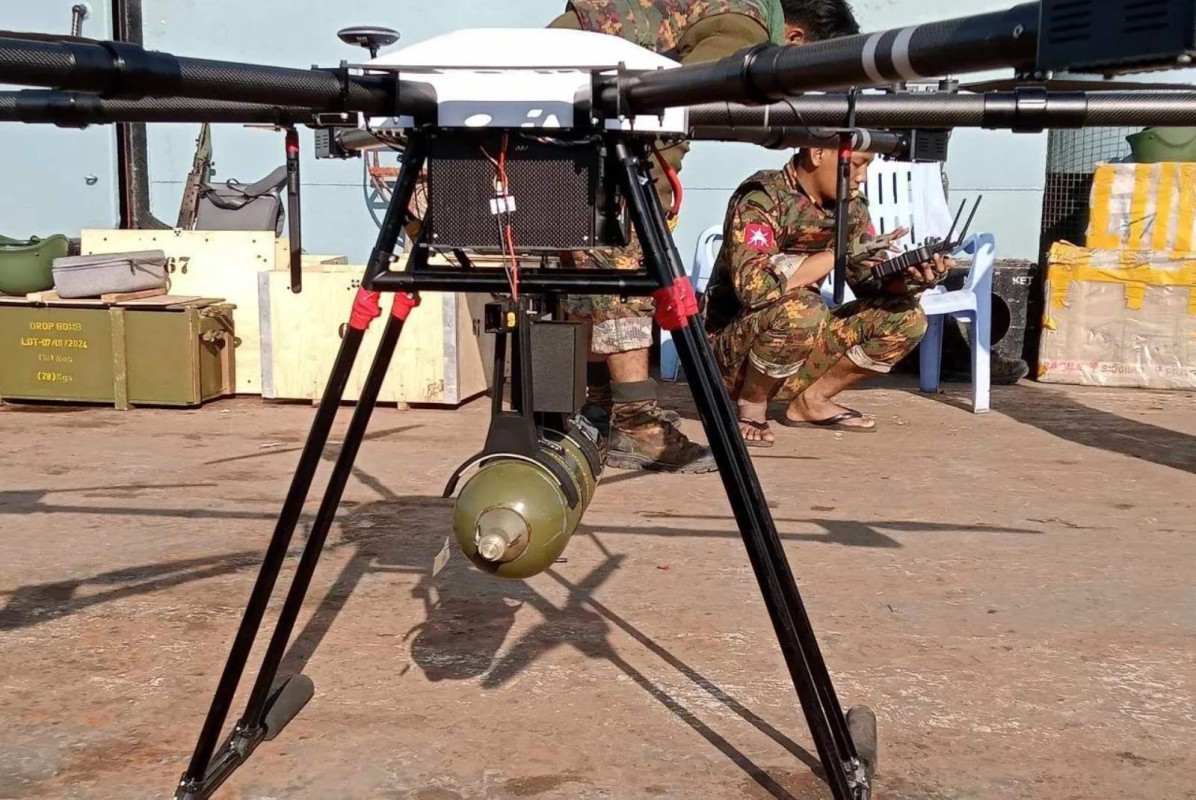






.jpg)

